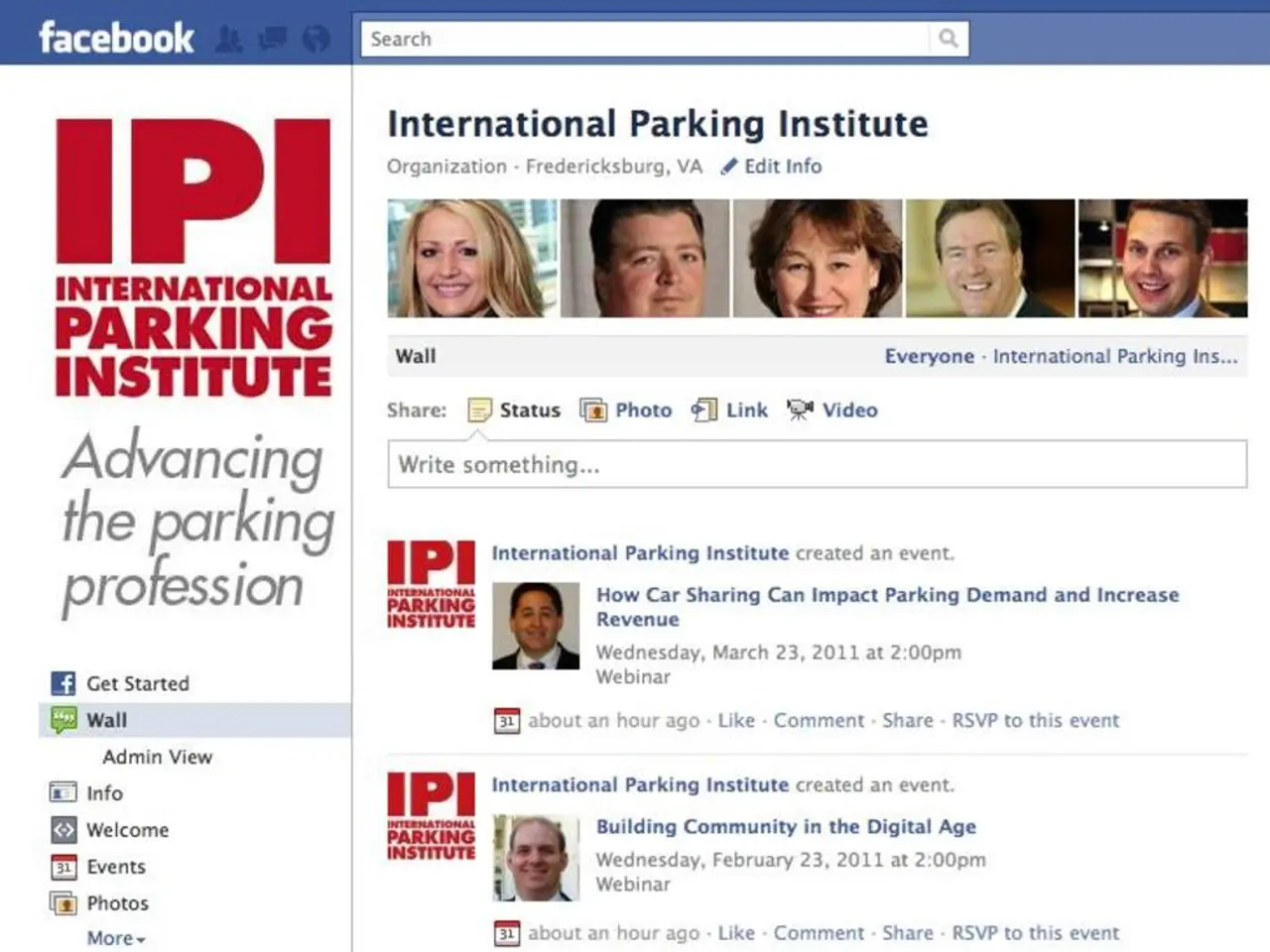Understanding the Tendencies of Generation Z: A Wisdom on Zoomers
A New Generation Takes the Spotlight: Gen Z
Generation Z, born between 1997 and 2012, is making its mark on the world, distinguishing itself from previous generations in significant ways. This tech-savvy cohort is redefining work, communication, and identity, setting new standards for the future.
Work:
Unlike older generations who often prioritized job security or advancement over flexibility, Gen Z values work-life balance and flexibility. They seek meaningful work aligned with social and environmental values, expecting companies to take stands on such issues. Gen Z is more likely to job-hop, driven by a desire to find satisfying and purpose-driven roles. They also prioritize technologically advanced workplaces and continuous learning, often via visual content like YouTube. 1, 2
Communication:
Digital nativity defines Gen Z’s communication style. They are true digital natives, having grown up fully immersed in smartphones, social media, and instant online information. They prefer visual, quick, and digital platforms such as Instagram, YouTube, and TikTok for both personal and professional communication. This generation’s attention span is often noted as shorter, prompting a preference for concise, multimedia communication. Unlike older generations who favoured email or face-to-face interaction, Gen Z is comfortable with continuous, informal digital exchanges and values authenticity and inclusivity in communication. 1, 3
Identity:
Gen Z experiences diversity as a norm, reflecting a broader acceptance of varied racial, cultural, and gender identities compared to previous generations. Mental health awareness is front and center for Gen Z, who openly discuss anxiety, vulnerability, and neuroticism. Their identity is also shaped by heightened social consciousness, creativity, altruism, and a focus on family and conscientiousness, with marked ideological differences observed between genders within Gen Z. This generation navigates complex social issues including climate change, economic uncertainty, and expanding gender concepts, making identity more fluid and intersectional than prior cohorts. 3, 5
In summary, Generation Z prioritizes flexibility, purpose, and continuous feedback in the workplace; prefers fast, visual digital communication; and embraces diversity and mental health awareness as identity cornerstones, setting them apart distinctly from Millennials and earlier generations. 1, 2, 3, 5
- Gen Z tends to be more progressive on social and political issues and are broadly supportive of the nation's growing racial and ethnic diversity.
- Gen Z prefers fast, visual content and skips traditional media in favor of platforms like YouTube, TikTok, and Instagram. They consume information quickly and are more likely to learn new skills from online communities than formal classrooms.
- Gen Z reports considerably higher levels of anxiety and depression compared to older generations, underscoring an ongoing mental health crisis even as talking about it becomes more accepted.
- Gen Z, born between 1997 and 2012, are the first generation to fully experience the impact of the internet from early childhood.
- Gen Z reports higher rates of LGBTQ+ identification than any previous generation.
- Gen Z are true digital natives, having used smartphones, social media platforms, and digital tools since toddlerhood.
- Unlike other generations, Gen Z expects brands and employers to reflect their personal values.
- Gen Z places a strong emphasis on balance and well-being, and they prioritize self-care and personal time.
- Mental health isn't a taboo topic for Gen Z, and they are more open about anxiety, depression, and self-care than any generation before them.
- Gen Z is more likely to challenge traditional gender norms, with a significantly larger share identifying as transgender or nonbinary.
- Work-life balance isn't negotiable for Gen Z. They value flexibility, self-care, and personal time, and they're not afraid to switch jobs or delay major life steps to protect their well-being.
- Many Gen Zers have a pragmatic approach to life, being self-reliant, caring deeply about financial security, and valuing meaningful work over flashy job titles.
- Gen Z is the most racially and ethnically diverse generation in U.S. history, with nearly half of Gen Z Americans being part of a racial or ethnic minority group.
- A typical Gen Zer might juggle school with side projects, freelance gigs, or online businesses, and they are highly collaborative but not fans of rigid corporate hierarchies.
1: Reflecting its digital nativity, Gen Z prioritizes technology in various aspects of life, including educating themselves through online communities and preferring platforms like YouTube, TikTok, and Instagram for consuming information.
2: As part of the health-and-wellness initiative, Gen Z focuses on mental health, considering it a normal part of discussions and openly discussing anxiety, depression, and self-care.
3: In the realm of science, education, and self-development, Gen Z champions innovation, values self-reliance, and is racially and ethnically diverse, advocating for continuous learning and a pragmatic approach to life.




